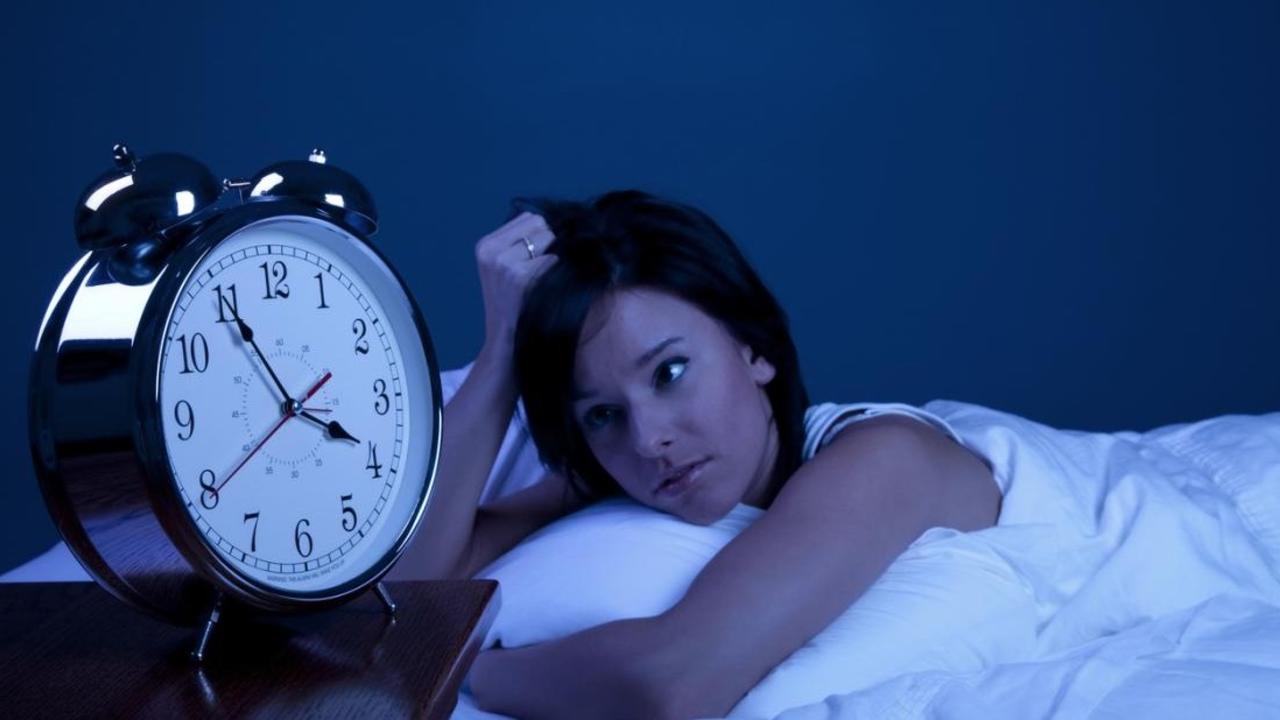How Diet can Influence Sleep
Feb 09, 2018
It is estimated that 50-70 million US adults have a sleep or wakefulness disorder- and that means that your customers are most likely not exempt.
If you are doing any counseling on sleep issues- diet must come into the conversation.
Sleep is increasingly recognized as important to public health, with sleep disorders linked to motor vehicle crashes, industrial disasters, occupational hazards as well as influence disease states including heart disease, diabetes, and hypertension.
Difficulty sleeping is often linked to lifestyle issues, such as mismanagement of stress. A new study links another major lifestyle factor, eating, to be linked to trouble sleeping. Eating less fiber, more saturated fat and more sugar is associated with lighter, less restorative, and more disrupted sleep.
Study results are published in the January issue of the Journal of Clinical Sleep Medicine. This study involved 26 adults, 13 men and 13 women. All participants were of normal weight and an average age of 35 years.
During 5 nights in a sleep lab, participants spent 9 hours in bed from 10 p.m. to 7 a.m., sleeping for 7 hours and 35 minutes on average per night. Sleep data were analyzed from night 3, after 3 days of controlled feeding designed by a nutritionist, and night 5, after one day of individuals eating what they desired and chose for themselves.
The study also found that participants fell asleep faster after eating fixed meals provided by a nutritionist, which were lower in saturated fat and higher in protein than self-selected meals. It took participants an average of 29 minutes to fall asleep after consuming foods and beverages of their choice, but only 17 minutes to fall asleep after eating controlled meals.
Results show that greater fiber intake resulted in more time spent in the stage of deep, slow wave sleep.
A diet higher in saturated fat resulted in less slow wave sleep.
Greater sugar intake also was associated with more arousals from sleep.
"Our main finding was that diet quality influenced sleep quality," said principal investigator Marie-Pierre St-Onge, PhD, assistant professor in the department of medicine and Institute of Human Nutrition at Columbia University Medical Center in New York, N.Y. "It was most surprising that a single day of greater fat intake and lower fiber could influence sleep parameters."
Where there can be many reasons for trouble sleeping; stress, medication therapy, lack of exercise, unbalanced hormones, the results of this study emphasize the fact that diet and sleep have a direct relationship and effect on a healthy lifestyle.
http://www.sciencedaily.com/releases/2016/01/160114213443.htm
http://www.cdc.gov/features/dssleep/

